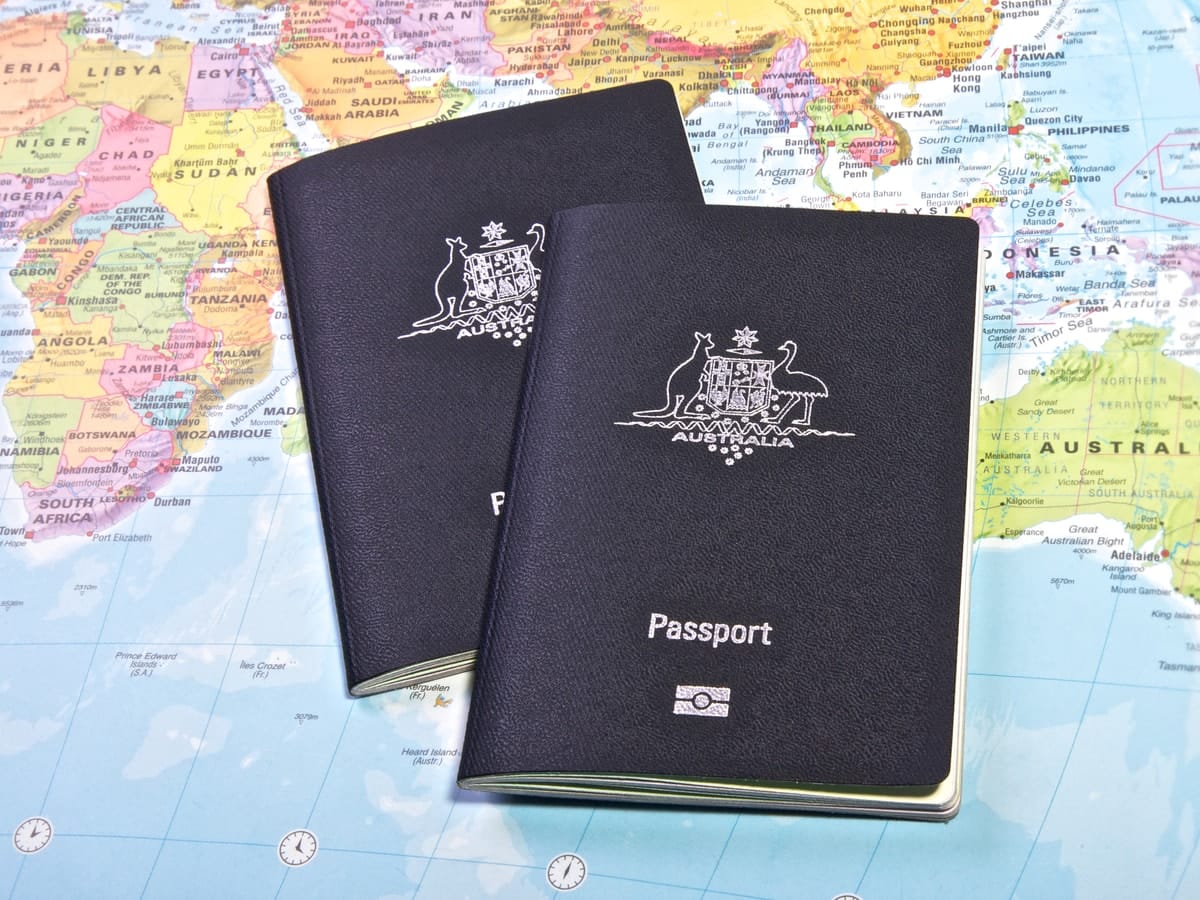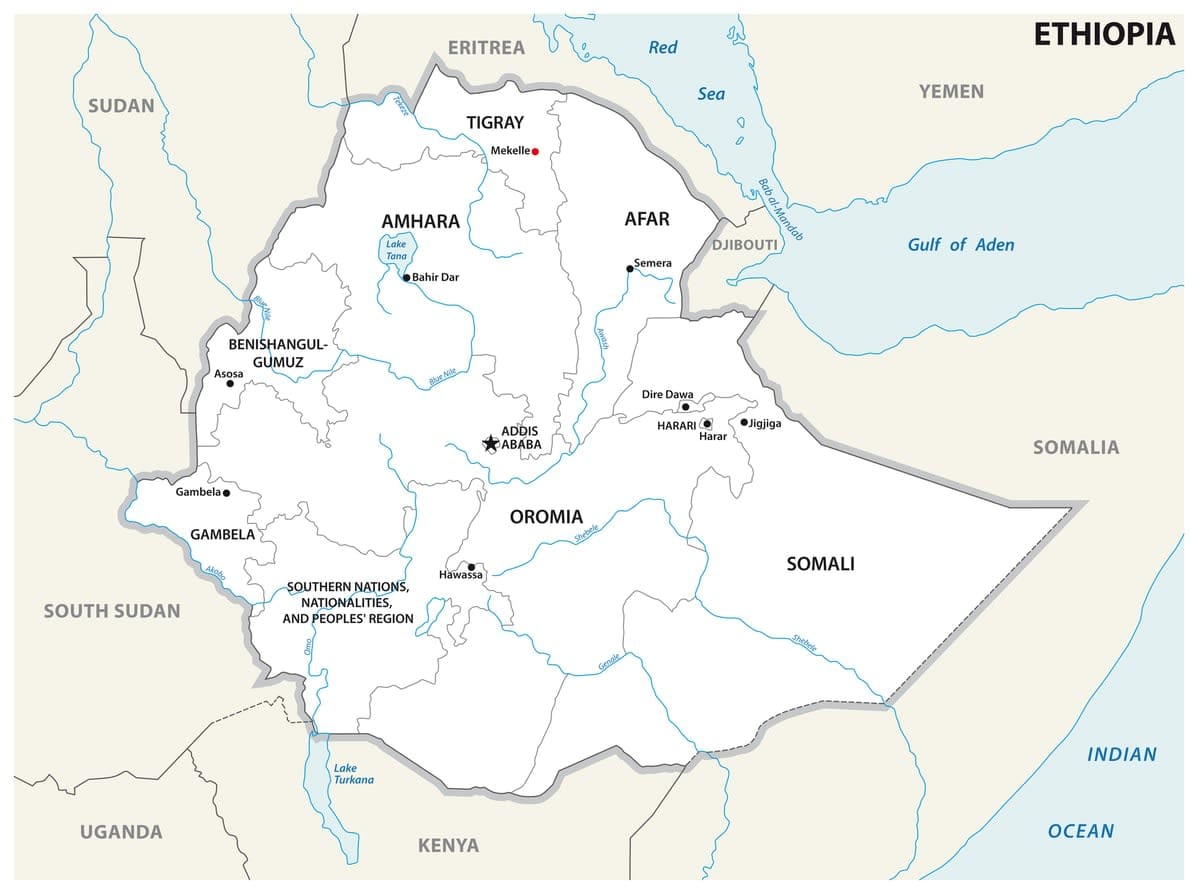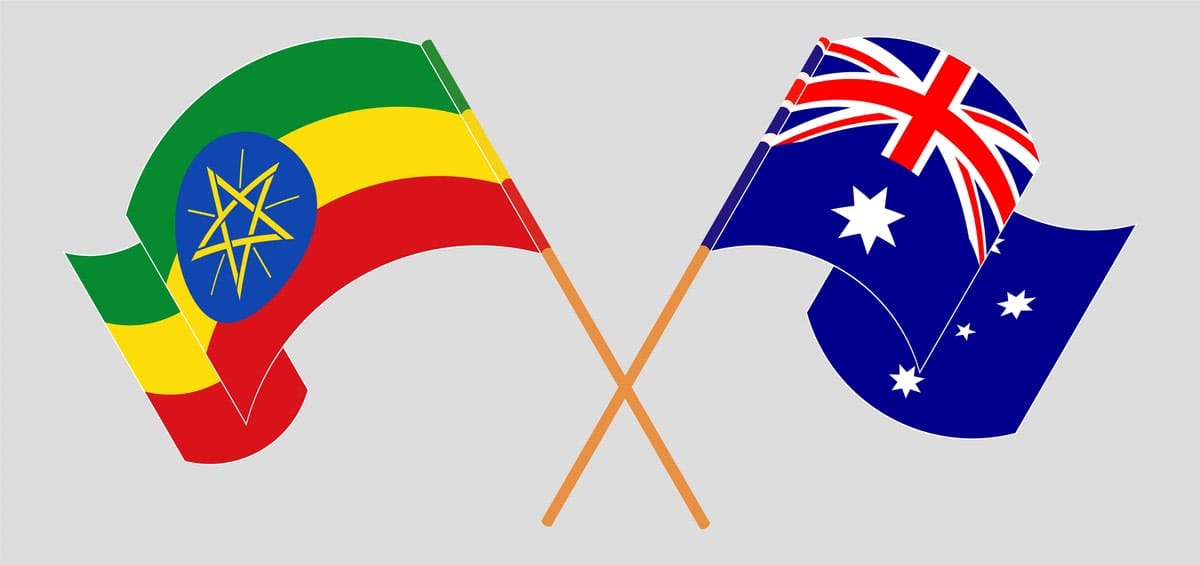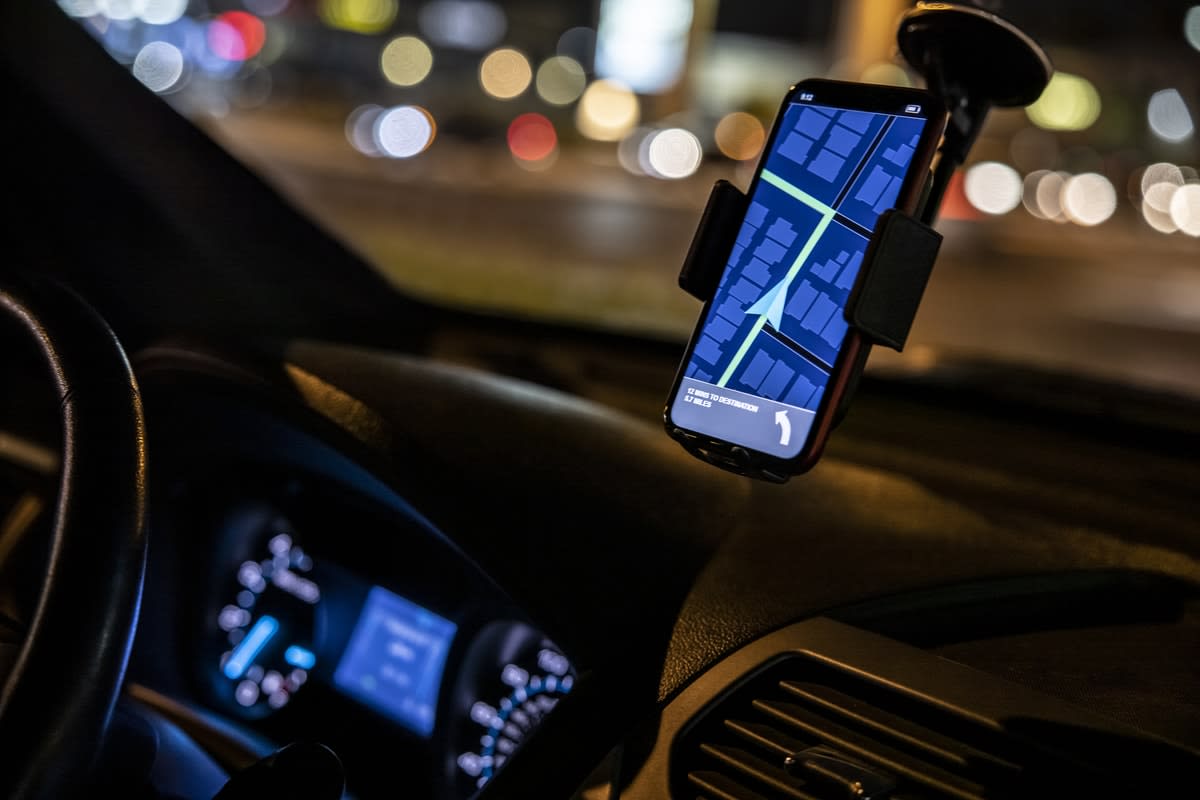
Dr Goshu Wolde Tefera was born and raised in Ethiopia. He went to school, university, and completed his first master’s there, then moved to upstate New York for his second master’s, then Adelaide, and now Melbourne.
Dr Tefera completed his PhD at Monash University, where he’s also a teaching associate in human geography. Currently, he’s the Gippsland region strategic partnerships coordinator for a Victoria-government funded initiative, hosted by Latrobe Community Health Service, that supports settlement and inclusion of refugee and migrant-background communities.
His research focuses on “temporality”, or the paces and rhythms of everyday life, and how we experience them. His new paper in the journal Urban Geography documents refugee Ethiopians in Melbourne, and how resettlement has affected their lives.
This a summary of the paper, co-authored with Associate Professor Alan Gamlen, also of Monash.
The paper is, in essence, about what Dr Tefera calls “urban placemaking”. It draws on 52 interviews and fieldwork in 2018 and 2019 with Ethiopians in Melbourne from urban and rural backgrounds.
Census figures show more than half of all Ethiopian-born Australians live in Melbourne; about half are Christian, and one-third are Muslim. The majority speak Amharic, although there are several Ethiopian languages.
The research participants ranged from those who had just come to Melbourne within months of the fieldwork, to those who had been here 28 years; the average was 13 years. They had all spent between four and 21 years “in transit” through South Africa, Sudan, Egypt or Kenya to Australia with either Global Special Humanitarian visas or refugee visas.

Forced to flee in the 1970s
Their collective exodus began in the 1970s after the Derg regime, a Marxist committee of military officers, overthrew Emperor Haile Selassie in 1974, and subsequently ruled the country until 1991. Selassie had reigned almost unchallenged since 1916.
In 2005 there was a contested election in Ethiopia, leading to violence and a further wave of refugees fleeing the country. Many of those who took part in the study left when the Derg rule collapsed, while others, between times, went overland or by plane to neighbouring countries and then to Australia, following relatives or securing asylum and protection through the United Nations High Commission for Refugees.
“Transit routes and settlement experiences had all deeply shaped their acts of placemaking,” the paper says.
“Participants often came from and/or through locations characterised by different modes of spatio-temporal organisation, involving less emphasis on speed and efficiency than is in a highly urban capitalist Western city like Melbourne … As Southerton [Professor Dale Southerton, Manchester University] puts it, for refugees cast unprepared into a different kind of urban setting, ‘speeding up becomes essential in order to keep up with the demands of work, family, and leisure’.”
Read more: In the ‘multicultural imaginary’, the narrative isn’t all it seems
This shift is called “temporal shock”, the paper explains. It cites in her own words (translated by Dr Tefera) the experiences of “Lensa” (not her real name), a 41-year-old woman from rural eastern Ethiopia, who arrived in Melbourne in 2009.
“I was overwhelmed when I first came here. Everything seemed chaotic, everyone seemed in a rush, everyone looked busy. I mean, why are they rushing? … Everyone drives fast … It took me a long time to learn how to drive here. In particular, I was so scared of driving at high speed on the freeway. Even after 10 years of living in Melbourne, I am still not comfortable with it.”
‘Really, you have to race against non-stop time’
Then “Nega”, a 58-year-old man who’s been in Melbourne for 13 years, talks about the time-shift from his sense of delayed progress during 14 years of refugee life in Sudan before coming to Australia.
“When I came here, I wanted to race against time with full force. I had to catch up with everything – with education, with work, with forming a family … basically everything.
“Really, you have to race against non-stop time. You know the saying, [in Amharic language] ‘ጊዜ ታክሲ አይደለም አይጠብቅም ቆሞ ካልተሳፈሩበት ሮጦ ተሽቀዳድሞ’? [Time is not a taxi, which waits for you until you get on. You have to race against it.]”

“Genet”, a woman who spent 16 years as a refugee in Egypt, also emphasised a ticking clock.
“When I left Ethiopia, I think I was just over 25 years old … I lived in Kenya for 14 years, and when I arrived here I was close to 40. Imagine – what would you do after you hit 40? Would you be able to begin your life anew? It would be too late to start a family, to have kids … I had lots of plans for myself, for my family and for my parents, but in reality none of my plans materialised.
“I came here and started working at a food processing company. Then life became hectic. I had to wake up at 5am, go to work and come back; by the time I get home, it’s 7pm.
“My life became a routine from week to week, month to month, year to year. I had to maintain this routine because I’m responsible for my family here, and for my parents and relatives in Ethiopia. Then, you just realise that 10 years have passed, just like that, without you even knowing it.”
The stark divide of work and community
Within the shifts in time and space that refugees and migrants feel, there’s also confusion – “temporal confusion”. The difference between “work” and “community” is suddenly stark, says “Lemma”, a 49-year-old man from the north.
“Back home, I didn’t have to wait for a weekend or a public holiday to run errands, or to hang out with friends, or visit my relatives. I could just do these things on one of the afternoons during the week. We lived close by, and everything was pretty much close by.
Here, no, no, no – you have to wait for the Queen’s Birthday or Anzac Day to meet up or hang out … You have to make time out of no time. Even when you have free time, others might not, because they have to work.”
The sense of change regarding time and space is described in the paper by “Dere”, a man in his mid-40s who lived in Kenya and South Africa for 10 years before coming to Melbourne 14 years ago. He worked in a busy office job five days a week, and drove for Uber on weekends to provide more money for his family and relatives.

The paper says of Dere: “… the need to prioritise work time over personal and family time often made him feel frantic; hurriedness became typical of his daily life. The overwhelming stresses and anxieties resulting from this busyness itself was the product of the disruption, disorganisation and confusion of temporal logics in his life.
“On the other hand, the demands of temporary, insecure work also prevented ‘Dere’ achieving a sense of personal development and progress. Urban life provided him and the other participants with work opportunities that helped them provide for their families, but that often came at the expense of achieving loss of important life goals.”
But, as the authors say, “the prognosis was not always gloomy”, because “temporal harmonisation” is a way of reconciling all the changes and shifts in the senses to become more at one with new surroundings, by “catching up”.
‘In Egypt, I knew that I did not have the right to ask questions’
“Lulit”, a 46-year-old woman, lived as a refugee in Egypt for eight years before coming to Melbourne 10 years ago.
“In Egypt, I knew that I did not have the right to ask questions. The number of hours a day I worked was set by the mistress. We’d call her ‘Madam’. If Madam said, “Stay for the entire week”, I would stay for the entire week. If she said, “Go”, I would go.
“I did not have any options, and that was standard practice, you know. So, I had to adjust to that. In Australia, it is a different scenario. I mean, of course, whatever job I do, I know my rights. But you know, I still have to do whatever they say, because I don’t want to lose my job.
“I had to adjust to the time norms,” she says.
Read more: COVID-19’s negative impact on refugees’ employment prospects
The paper concludes that the participants in the research – like so many migrants and refugees – came from places “where time had felt like it flowed smoothly, monotonously and cyclically”.
But in Melbourne, “they found themselves in an urban environment where time felt accelerated, frenetic, compartmentalised, disjointed, irregular and chaotic – ultimately very stressful. The unfamiliarity of the urban temporal logics they encountered on arrival in Australia was an underlying factor in the settlement pressures and problems they experienced and had to negotiate.”
This disjuncture, the authors argue, is a crucial and largely overlooked aspect of the wider settlement challenges refugees face.





